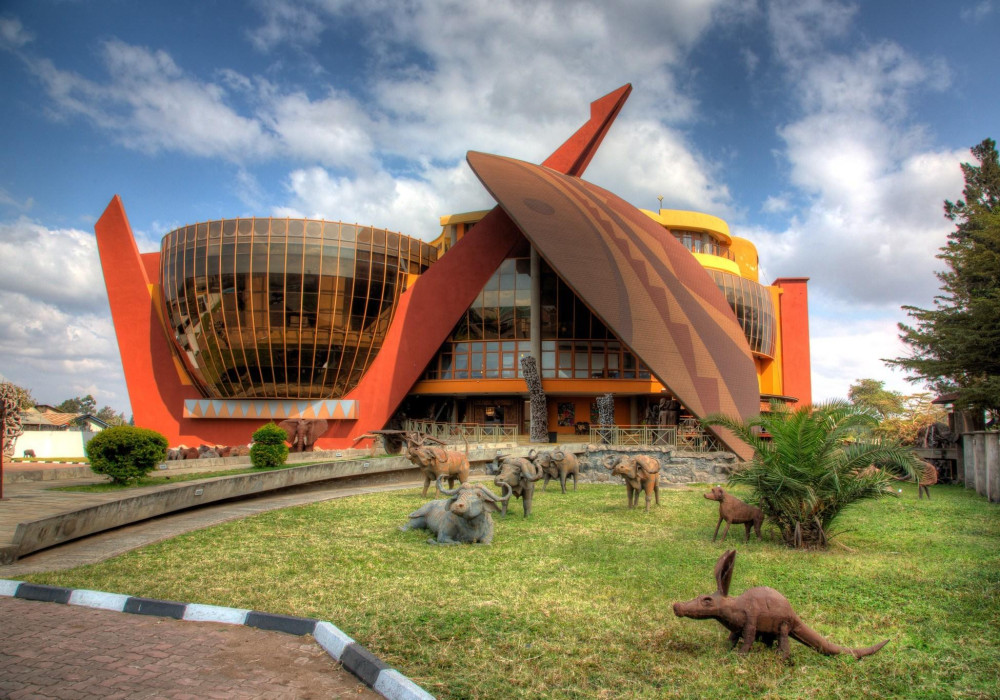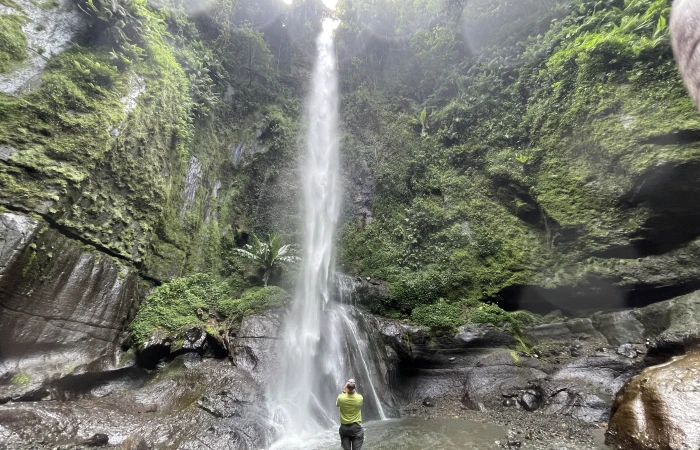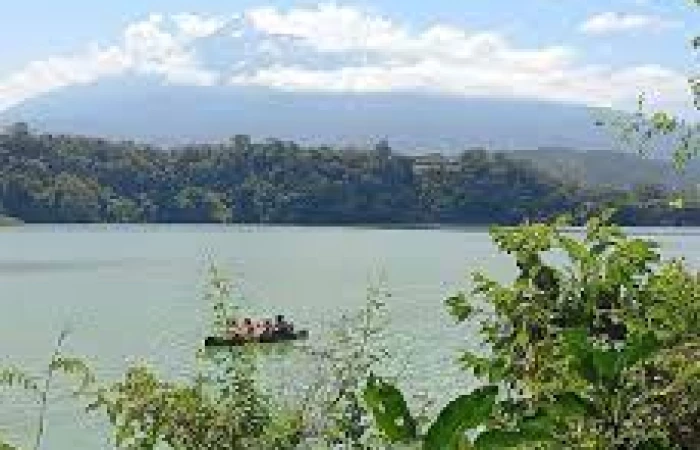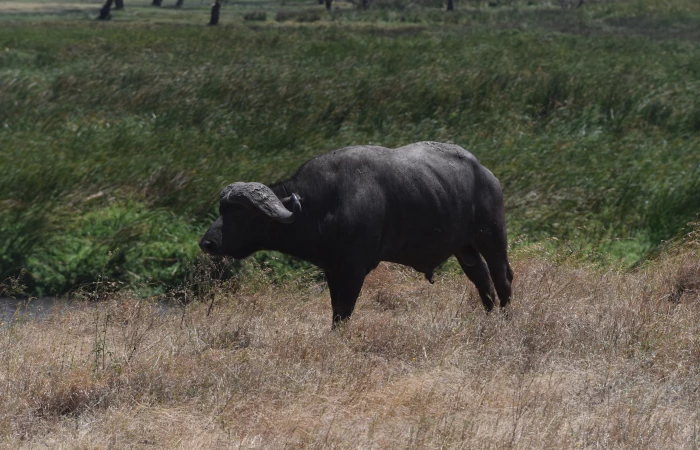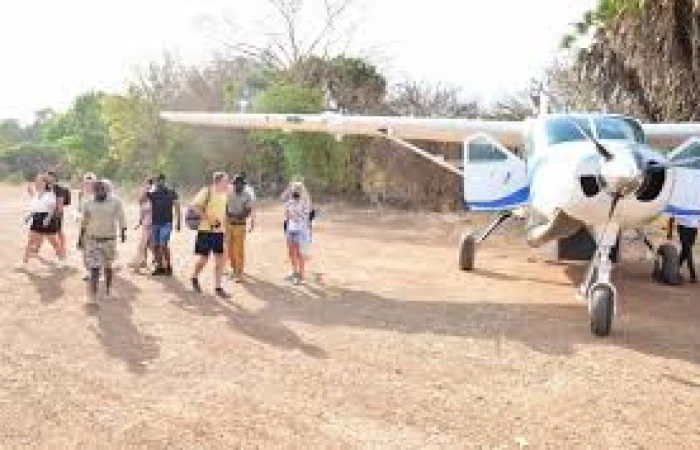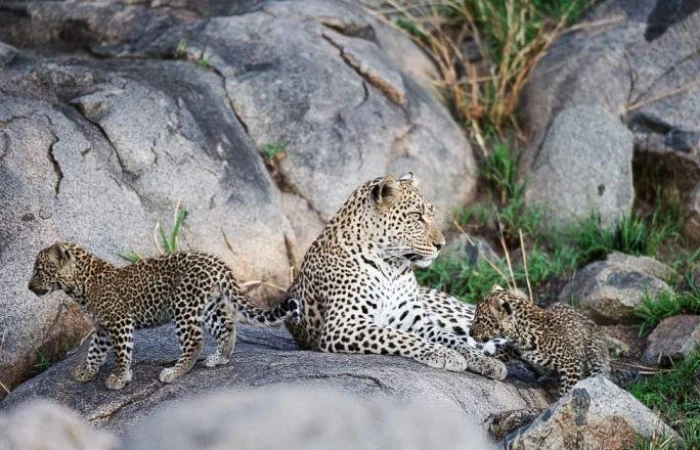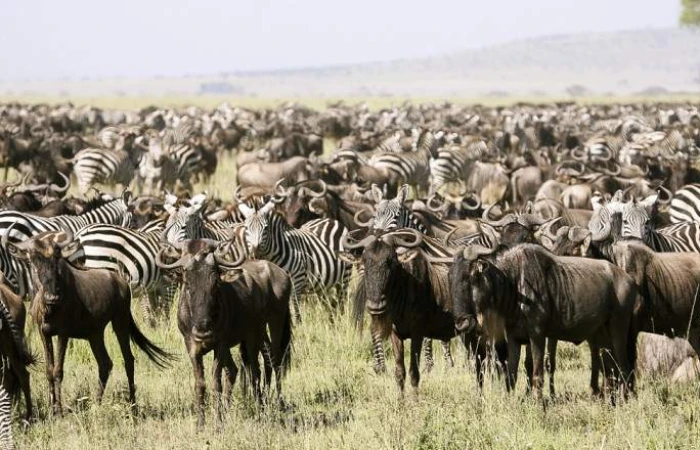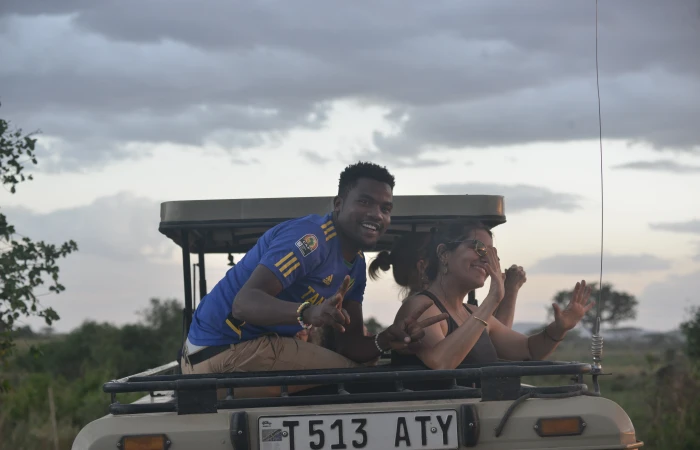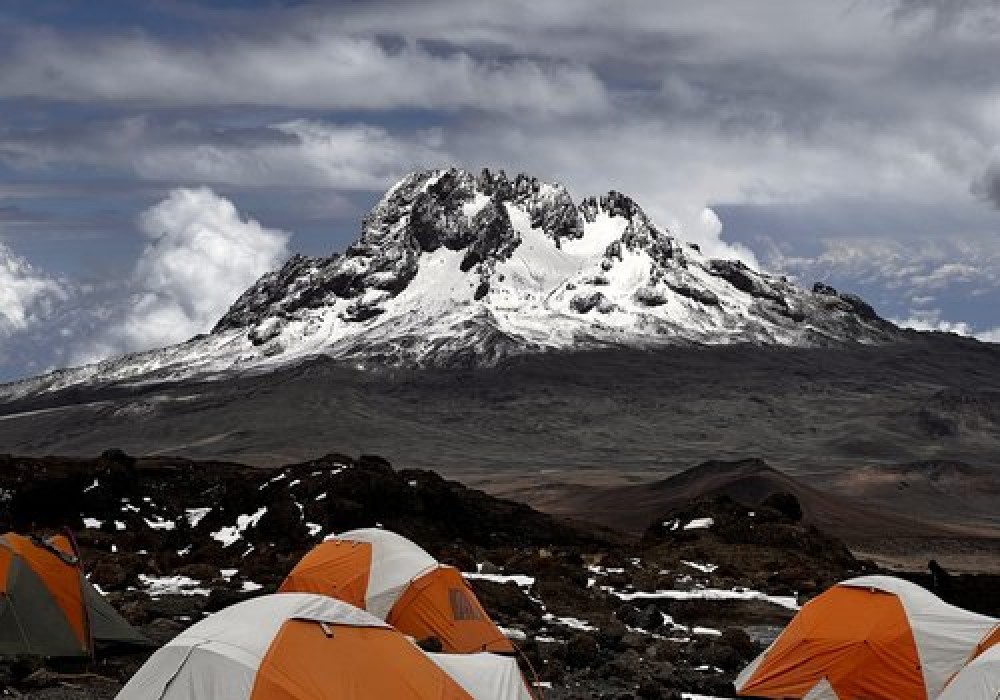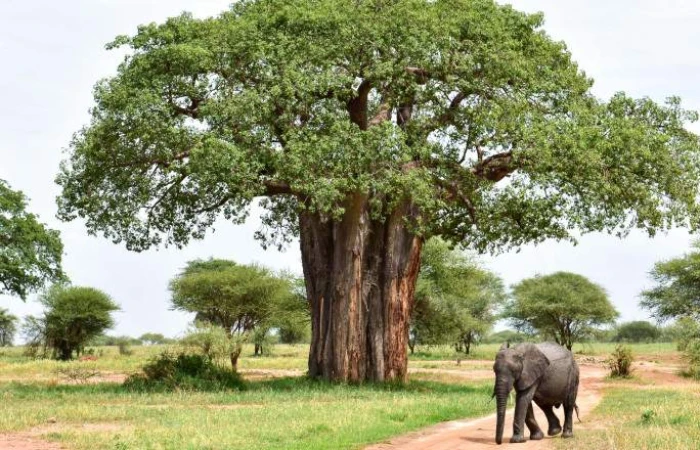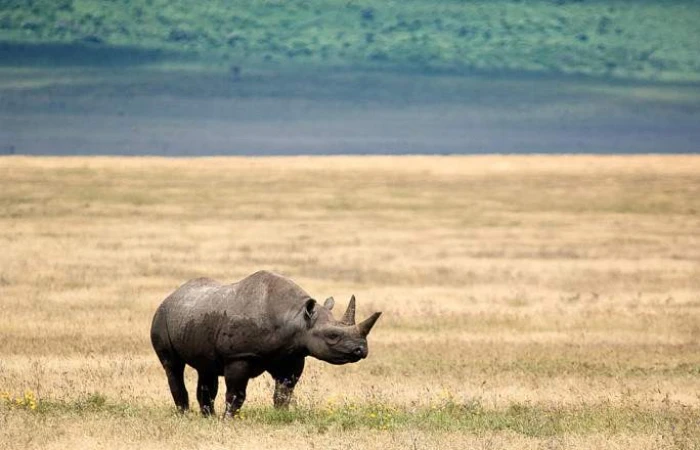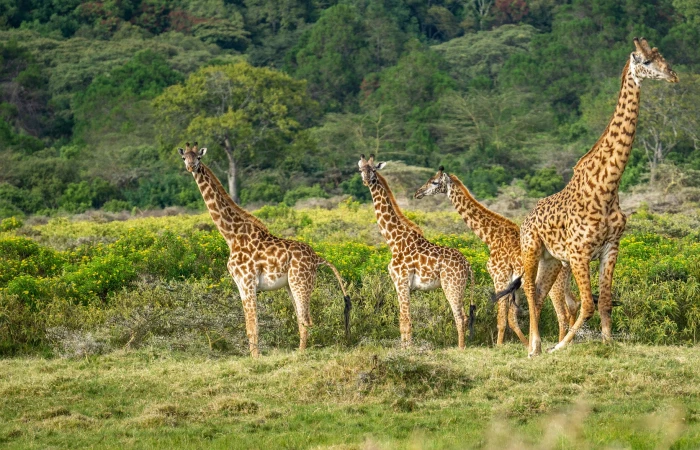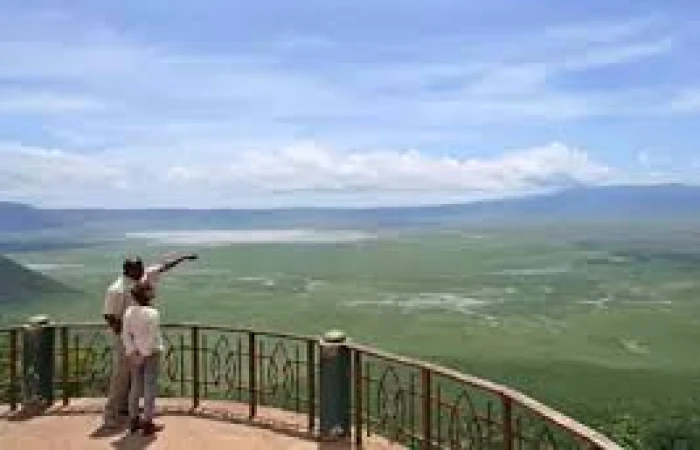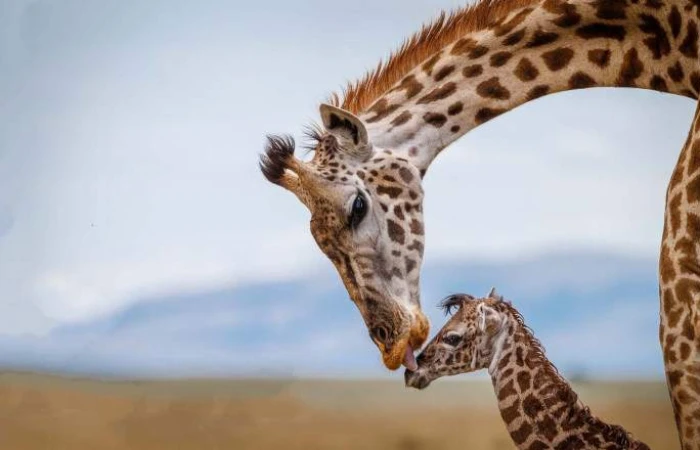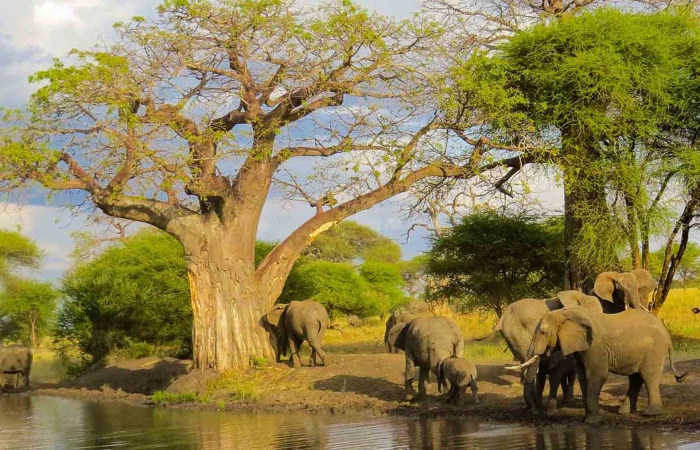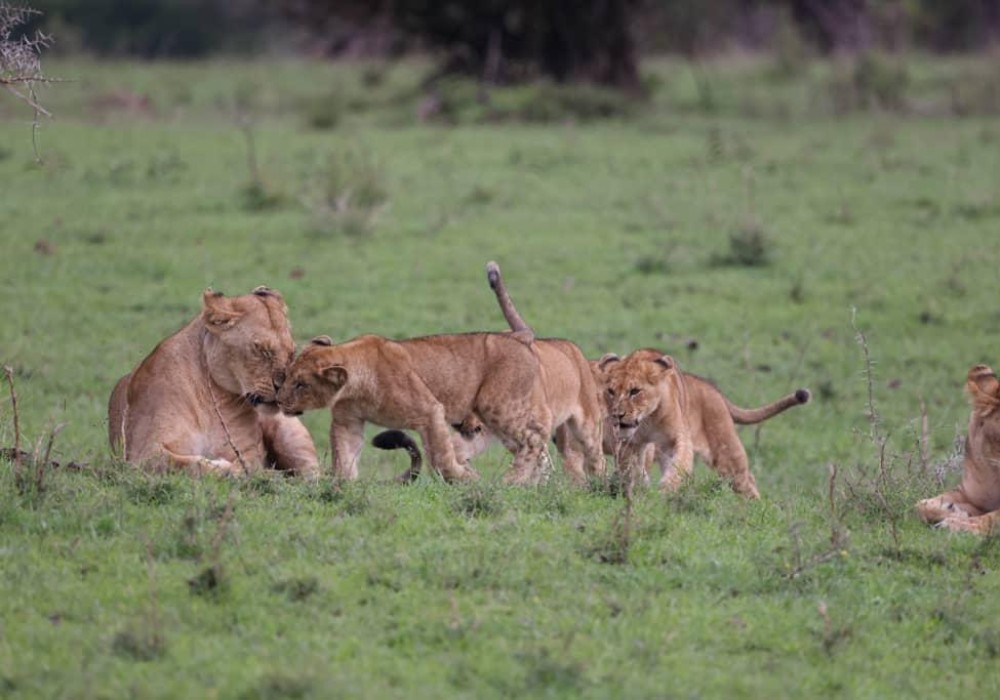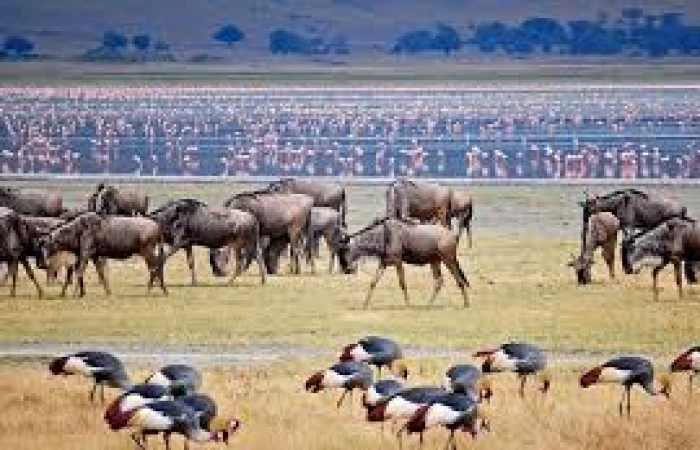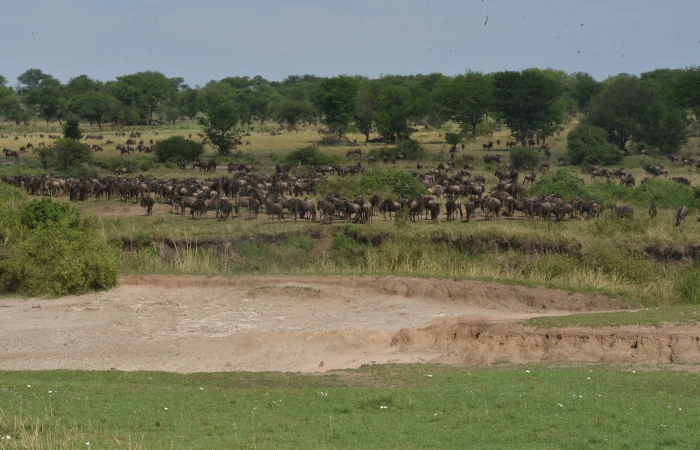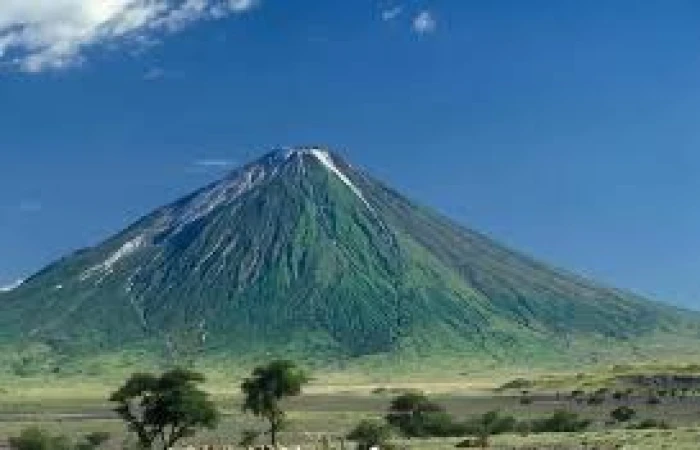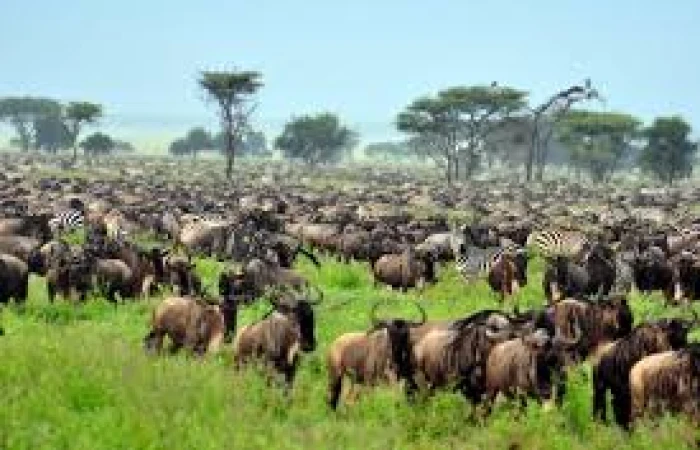Tour highlight
-
Main Destination :Northern tanzania
-
Tour may be offered as :
- Visit Local
- Culture
-
Tour Duration:Day: 1
-
You Visit:
- Arusha
Tour Over View:
Arusha is a city in east Africa's Tanzania located at the base of volcanic Mt. meru. its a gate way to safari and the highest peak of africa Mt. kilimanjaro. on this tour you will get the chance to see, visit and do activities like canoeing at lake duluti, hiking at mount meru forest to see the waterfalls, masai market, cultural museum and snake park.
Tour itinerary:
A combination of Arusha city tours can include several interesting attractions and activities. Here's a suggested itinerary that incorporates Meru Waterfalls, Lake Duluti, Maasai Market, Cultural Heritage, and Snake Park:
Meru Waterfalls:
Start your day by visiting the beautiful Meru Waterfalls, located on the slopes of Mount Meru. It's a scenic spot with cascading water surrounded by lush greenery. You can enjoy a leisurely hike to the waterfalls, take in the natural beauty, and even have a refreshing dip in the cool waters.
Lake Duluti:
Next, head to Lake Duluti, a picturesque crater lake situated just outside Arusha. You can explore the lake by taking a boat ride or opting for a guided canoeing experience. Enjoy the serene surroundings, spot birdlife, and learn about the local ecology and folklore associated with the lake.
Maasai Market:
After experiencing nature, dive into the vibrant cultural scene of Arusha by visiting the Maasai Market. This bustling open-air market offers a wide array of traditional crafts, artwork, clothing, and jewelry. Interact with local artisans, haggle for unique souvenirs, and immerse yourself in the lively atmosphere.
Cultural Heritage:
To delve deeper into the rich cultural heritage of Tanzania, visit the Cultural Heritage Center. This center showcases a diverse range of Tanzanian art, artifacts, and handicrafts. You can explore the various exhibits, learn about traditional customs and traditions, and witness live demonstrations of art forms such as carving and painting.
Snake Park:
Conclude your city tour by visiting the Arusha Snake Park, which offers an opportunity to learn about reptiles and snakes native to Tanzania. You can observe a variety of snake species, learn about their behaviors, and even have a chance to interact with some of the non-venomous snakes under the guidance of knowledgeable staff.
It's important to plan your tour in advance, considering opening hours, transportation, and any additional safety precautions or requirements. Engaging the services of a local tour guide can enhance your experience and provide valuable insights into the attractions and local culture.
Include
- Lunch
- Breakfast
- All Fees and Taxes
- Transport
- Gear
Exclude
- tips
- any activity not mentioned in the itinerary
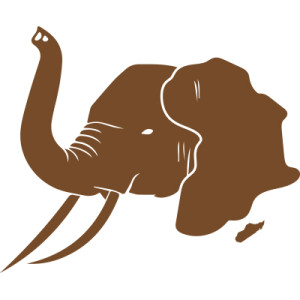
- GodyTour Expert
- Tour Expert
Arusha city tour meru waterfalls lake duluti maasai market culture heritage and snake park
Tanzania is known for its diverse wildlife. On a safari, you can expect to see animals such as lions, elephants, giraffes, zebras, wildebeests, buffaloes, leopards, cheetahs, rhinos (in a few select areas), hippos, crocodiles, and a variety of antelope species. Birdlife is also abundant in Tanzania.
Yes, most visitors to Tanzania require a visa. You can obtain a visa in advance from a Tanzanian embassy or consulate, or you can get a visa on arrival at the airport or border entry points. It's recommended to check the visa requirements and application process beforehand to ensure a smooth entry into the country.
Essential items to pack for a Tanzania safari include lightweight and breathable clothing, comfortable walking shoes, a hat, sunscreen, insect repellent, binoculars, a camera, and any necessary medications. It's also advisable to pack layers for cooler mornings and evenings, as well as a waterproof jacket in case of rain.
Tanzania offers a range of accommodations to suit different preferences and budgets. Options include luxury lodges, tented camps, mobile camps, and budget-friendly campsites. Some lodges and camps are located inside the national parks, while others are situated in private concessions adjacent to the parks.
The duration of your safari depends on your interests and the specific areas you wish to visit. Many people opt for a 4- to 7-day safari, which allows for a good wildlife experience in multiple parks. However, it's also possible to extend your safari and combine it with other attractions, like the beaches of Zanzibar or cultural visits.
Tanzania is generally considered safe for tourists, including safari-goers. However, it's always advisable to exercise caution and follow the guidance of your tour operator or guide. Be aware of your surroundings, listen to instructions, and take necessary precautions to ensure a safe and enjoyable experience.
The best time for a safari in Tanzania depends on what you want to see and experience. The dry season from June to October is popular as wildlife congregates around water sources. The wildebeest migration usually takes place from December to July. However, different parks have different peak seasons, so it's advisable to research specific regions and their seasonal patterns.
